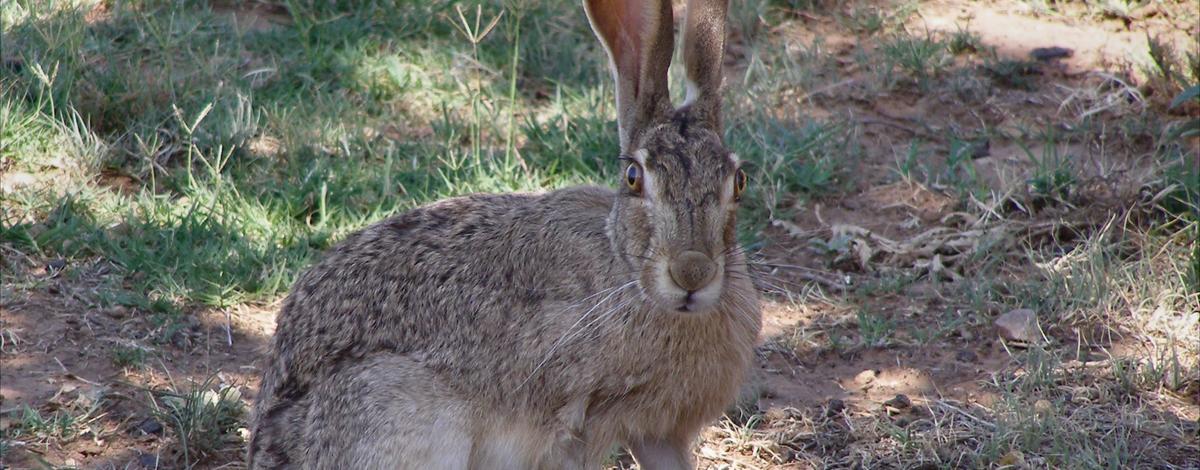On March 25, Idaho Fish and Game and Idaho State Department of Agriculture confirmed the presence of Rabbit Hemorrhagic Disease (RHD), a fatal and highly contagious disease that affects animals in the rabbit family, which includes domestic and wild rabbits, hares and pikas. RHD does not infect humans or nonrabbit species.
The two RHD positive jackrabbits were part of a larger group of rabbits found dead southwest of the Boise airport in Ada County in early March. This is first known case of RHD in Idaho. Testing was conducted in coordination with US Geological Survey National Wildlife Health Center and the USDA Foreign Animal Disease Diagnostic Laboratory.
Anyone encountering a dead wild rabbit is asked to leave the carcass in place and report it online, or by calling Fish and Game’s Wildlife Health Laboratory at (208) 939-9171, or a regional Fish and Game office.
RHD symptoms can include sudden death, bleeding from the eyes and bloodstained noses caused by internal bleeding. Infected rabbits may develop a fever, respiratory distress and lack of appetite. RHD can be transmitted between rabbits by contact with infected carcasses, blood, excrement or contaminated surfaces; which may include cages, clothes, food and water.
If you suspect your domestic rabbit may have RHD, contact your veterinarian immediately and notify ISDA. RHD is a mandatory reportable disease in Idaho, and should be reported to Idaho State Department of Agriculture at (208) 332-8540. Owners of domestic rabbits should also never handle dead wild rabbit carcasses.
To help prevent the spread of RHD in the wild, people should take the following precautions in addition to reporting dead rabbits to Fish and Game:
- Do not touch any dead rabbits you may see near the area where the disease has been found.
- Do not release domestic rabbits into the wild
More information on RHD can be found on the USDA APHIS website.

